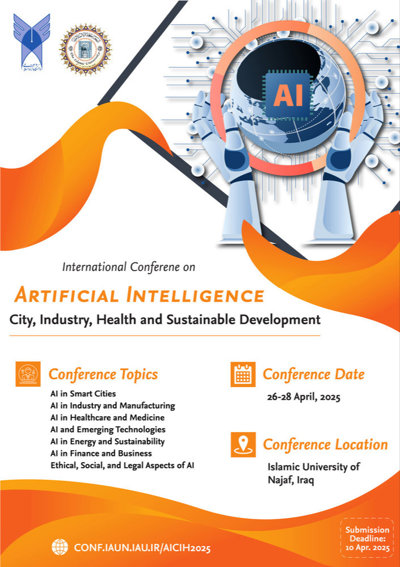0% Complete

نویسندگان :
کلمات کلیدی :
چکیده :
لیست مقالات بایگانی شده
Shohreh Azani - Hossein Shahinzadeh - Hamed Nafisi - Majid Moazzami - Ehsan Etemadnia - Hossein Askarian-Abyaneh
ُShayan Hosseini - Gevork Gharehpetian - Seyed Babak Mozafari - Mehrnoosh Vatani
مجتبی طواری - جابر ابراهیمی - حسن شایق
Shohreh Ajoudanian - Maryam Nooraei Abadeh - Hamid Reza Aboutalebi
Koosha Mardasi - Nasim Noorafza
Amirhossein Rahimian Zarif - Seyed Amirreza Ghorab Baygi - Yasser Mafinejad
احسان آقاباباگلی
Alireza Fereidunian - Mohammadhossein Tamimi - Ehsan ُShahi
Fatemeh Gholami - Mahnaz Hashemi - Ghazanfar Shahgholian


